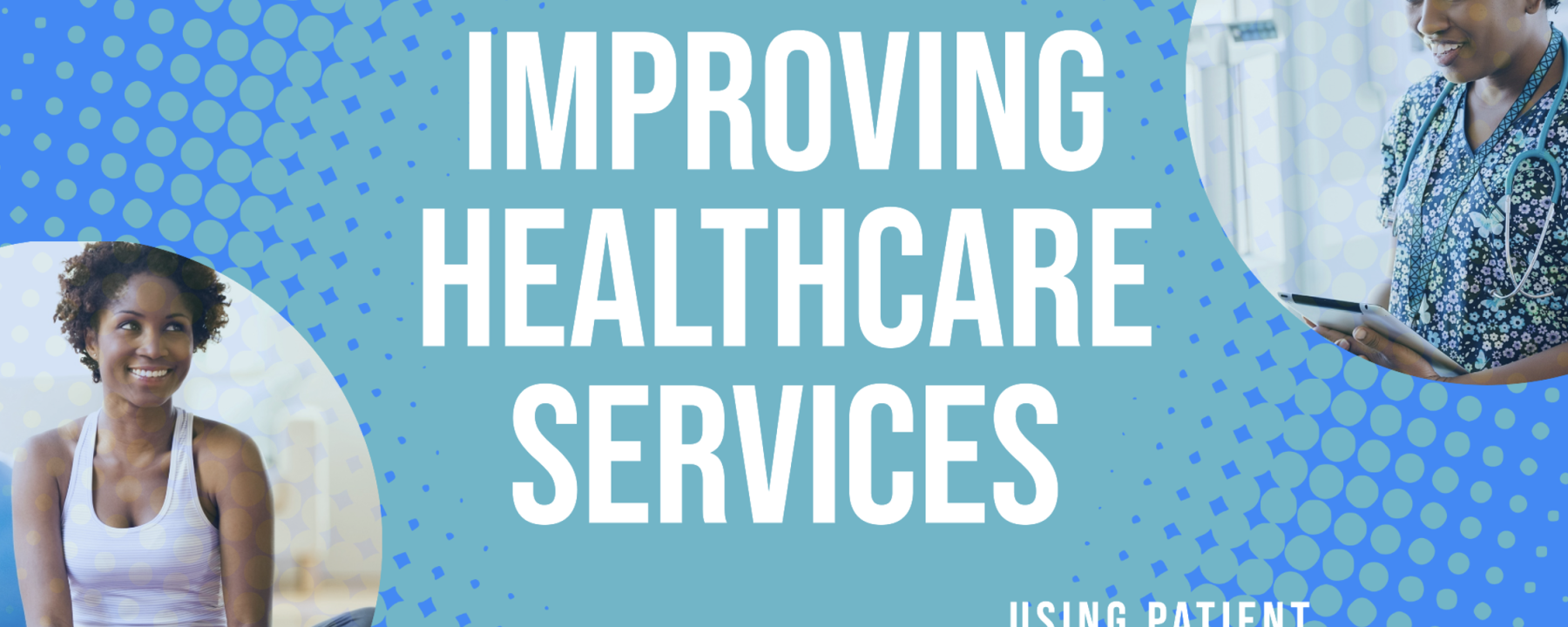
Using Patient Satisfaction Data to Improve Healthcare Services
Introduction
In today's competitive healthcare landscape, understanding and acting on patient satisfaction data is critical for enhancing healthcare services. Satisfied patients not only ensure better health outcomes but also contribute to a facility’s reputation and financial success. By leveraging patient feedback, healthcare providers and bio-pharma companies can refine their services, improve treatment efficacy, and ensure compliance with ethical and regulatory standards.
At Pro Pharma Research Organization, we specialize in Survey Design and Developing, Data Collection, Informed Consent and Ethical Standards, Quality of Life Evaluation, Customized Reporting, and more. Our studies, including patient satisfaction studies for bio-pharma in Mexico, Brazil, and LATAM, provide valuable insights that drive service excellence.
The Importance of Patient Satisfaction Data in Healthcare
Collecting and analyzing patient satisfaction data offers several key benefits:
- Identifying Areas for Improvement: Patient feedback helps pinpoint weaknesses in healthcare delivery, such as long wait times, communication gaps, or inadequate facilities.
- Enhancing Patient Experience: By understanding what patients value most, healthcare providers can tailor their services to improve overall patient experience.
- Improving Treatment Outcomes: Satisfied patients are more likely to adhere to treatment plans, resulting in better health outcomes.
- Boosting Reputation and Trust: Facilities that prioritize patient satisfaction build a strong reputation, attracting more patients and stakeholders.
- Regulatory Compliance: In many regions, patient satisfaction metrics are tied to healthcare accreditation and funding.

Theoretical Foundations of Patient Satisfaction in Healthcare
The concept of patient satisfaction is deeply rooted in various theoretical models that explain how healthcare experiences influence patient perceptions and behaviors. Some of the most influential theories include:
1. Expectation-Disconfirmation Theory (EDT)
This theory suggests that patient satisfaction is derived from the comparison between initial expectations and actual healthcare experiences. If the service exceeds expectations, patients report high satisfaction; if it falls short, dissatisfaction occurs.
2. SERVQUAL Model
Developed by Parasuraman, Zeithaml, and Berry, the SERVQUAL model measures service quality based on five dimensions:
- Tangibles: Physical facilities, equipment, and appearance of healthcare staff
- Reliability: Ability to perform services dependably and accurately
- Responsiveness: Willingness to help patients and provide prompt service
- Assurance: Knowledge and courtesy of staff, and their ability to inspire trust
- Empathy: Individualized attention provided to patients
By applying the SERVQUAL model, healthcare institutions can systematically assess and enhance their service quality.
3. Health Belief Model (HBM)
The Health Belief Model posits that patient satisfaction and healthcare engagement depend on personal beliefs about health risks and the perceived benefits of medical services. This model is particularly useful in understanding patient compliance with treatment recommendations.
4. Patient-Centered Care Model
This approach emphasizes a holistic perspective in healthcare, prioritizing patients’ preferences, values, and needs. It advocates for:
- Open communication between healthcare providers and patients
- Shared decision-making processes
- Individualized care plans based on patient feedback
Strategies to Utilize Patient Satisfaction Data Effectively
1. Implementing Well-Designed Surveys
A well-structured survey is the foundation of collecting accurate patient satisfaction data. Pro Pharma Research Organization offers expert Survey Design and Developing services to ensure relevant and insightful feedback. Key elements of an effective survey include:
- Clear and concise questions
- Use of Likert scales for quantifiable data
- Open-ended sections for qualitative insights
- Anonymous feedback options to encourage honest responses
2. Ethical Data Collection and Informed Consent
Ensuring ethical data collection practices is crucial for maintaining credibility and compliance. Our Informed Consent and Ethical Standards services ensure that patient participation is voluntary, confidential, and aligned with international research guidelines.
3. Measuring Quality of Life (QoL) Metrics
Beyond direct medical outcomes, assessing Quality of Life (QoL) Evaluation provides deeper insights into how treatments impact patients' daily lives. This helps in optimizing care plans to enhance overall well-being.
4. Utilizing Customized Reporting for Actionable Insights
Raw data alone is not enough; meaningful analysis and reporting are necessary for actionable insights. Our Customized Reporting services offer:
- Trend analysis to track improvements over time
- Comparative benchmarking against industry standards
- Data visualization for better decision-making
Real-World Examples of Patient Satisfaction Data Driving Change
Example 1: Reducing Wait Times in a Hospital Network
A hospital in Brazil used patient satisfaction data to address long wait times in their emergency department. After identifying peak-hour bottlenecks, they introduced a streamlined triage system, reducing average waiting times by 30%.
Example 2: Enhancing Communication in Bio-Pharma Clinical Trials
In a patient satisfaction study for bio-pharma in Mexico, feedback revealed that participants felt uninformed about trial procedures. By implementing clearer communication protocols and follow-up mechanisms, patient retention rates increased by 20%.
Example 3: Improving Post-Surgery Recovery Support
A healthcare facility in LATAM analyzed patient satisfaction data and found that post-surgery patients desired more follow-up care. By adding virtual check-ups and personalized recovery plans, readmission rates dropped by 15%.
Conclusion
The effective use of patient satisfaction data is a game-changer for healthcare providers and bio-pharma companies. By leveraging tools such as survey design, data collection, ethical standards, quality of life evaluations, and customized reporting, organizations can improve patient care, enhance outcomes, and maintain compliance.
The integration of patient feedback with established theoretical models ensures a structured approach to continuous healthcare improvement. As patient-centered care becomes the norm, institutions that invest in patient satisfaction studies will lead the way in innovation and service excellence.
At Pro Pharma Research Organization, we specialize in transforming patient feedback into actionable insights. Contact us today for more information and get access to our services designed to elevate your healthcare solutions!